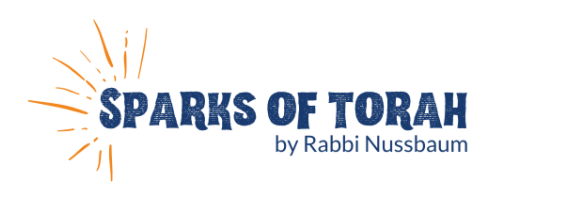VOLUME 99 NUMBER 3
Shevat 5, 5782
January 7, 2022
PARSHAS BO
Candlelighting Time 4:33 PM
Rashi cites the Talmud that when we form groups to bring the Pesach sacrifice, there must be enough people so that all the meat of the offering will be totally consumed, and nothing will be left over. Bear in mind, that the obligation is to eat a kazayis, or a compressed olive’s amount, of the meat of the sacrifice. Of course, one may eat more but that is the minimum, and a fulfillment of the mitzvah. Whenever a sacrifice is brought if any is left over it must be burnt. However, there is no obligation to include others in its consumption to avoid any leftover meat. Why is the Torah so stringent when it comes to the Pesach sacrifice?
Rabbeinu Bachya explains that this is one of the four places in the Torah where there is a concern for loss of money. Buying a sacrifice is an expense and therefore Hashem is concerned that we should not suffer a loss. If we invite others to join, then they will share in the cost, and it will offset a potential loss to the original owner. However, why did the Torah select the Pesach sacrifice as an example of that principle? We don’t have the same concern mentioned regarding other offerings.
Netziv points out a very interesting detail which only applied to the Pesach sacrifice that was brought in Egypt as opposed to the regular one which we bring every year. Normally, another sacrifice called the Chagigah precedes the Pesach offering. And that Chagigah is the mainstay of the meal. At the conclusion then everyone receives a portion of the Pesach sacrifice. In Egypt, a Chagigah was not present at the meal and the entire meal was the consumption of the Pesach sacrifice. Although Netziv doesn’t mention a reason for this difference, perhaps we can suggest an explanation.
There is a mitzvah to discuss all the miraculous events that occurred during our exodus from Egypt. Every year there is a mitzvah to have a festive holiday meal and at the conclusion of that meal, we partake of the Pesach sacrifice. However, that year in Egypt, we were not just recalling the exodus, our forebears were deeply involved in the exodus from Egypt. The blood from the Pesach sacrifice was sprinkled on the doorposts of each and every person as a merit to avoid the plague of the firstborn dying. Furthermore, each person held a stick for travel in his hand and dramatically acted as though he was about to leave. And truth be told, he was ready to actually leave in real time that year. Therefore, in the merit of that year’s Pesach sacrifice, they left Egypt. Eating that offering was not a symbol of their freedom, it was their actual freedom. To have left over part of the sacrifice would have been sacrilegious. It would have demonstrated a disrespect for the sacrifice and a lack of interest in its message.
That message is not lost throughout the generations. Even though we are not the ones that physically left Egypt, however, our mission every year by the seder is to become so involved that we actually feel as though we are indeed experiencing the exodus. Remembering that our forefathers so passionately observed the first Pesach in Egypt, despite all the potential difficulties that might have occurred, should fill us with pride and deep respect for their self-sacrifice and determination to become the nation of Hashem.
BYTE FOR SHABBOS
Hashem wanted us to merit everlasting life, therefore He gave us the Torah. The goal of our exodus from Egypt was to eventually receive the Torah on Mt. Sinai which we did a few weeks later. CHOFETZ CHAIM
GOOD SHABBOS



